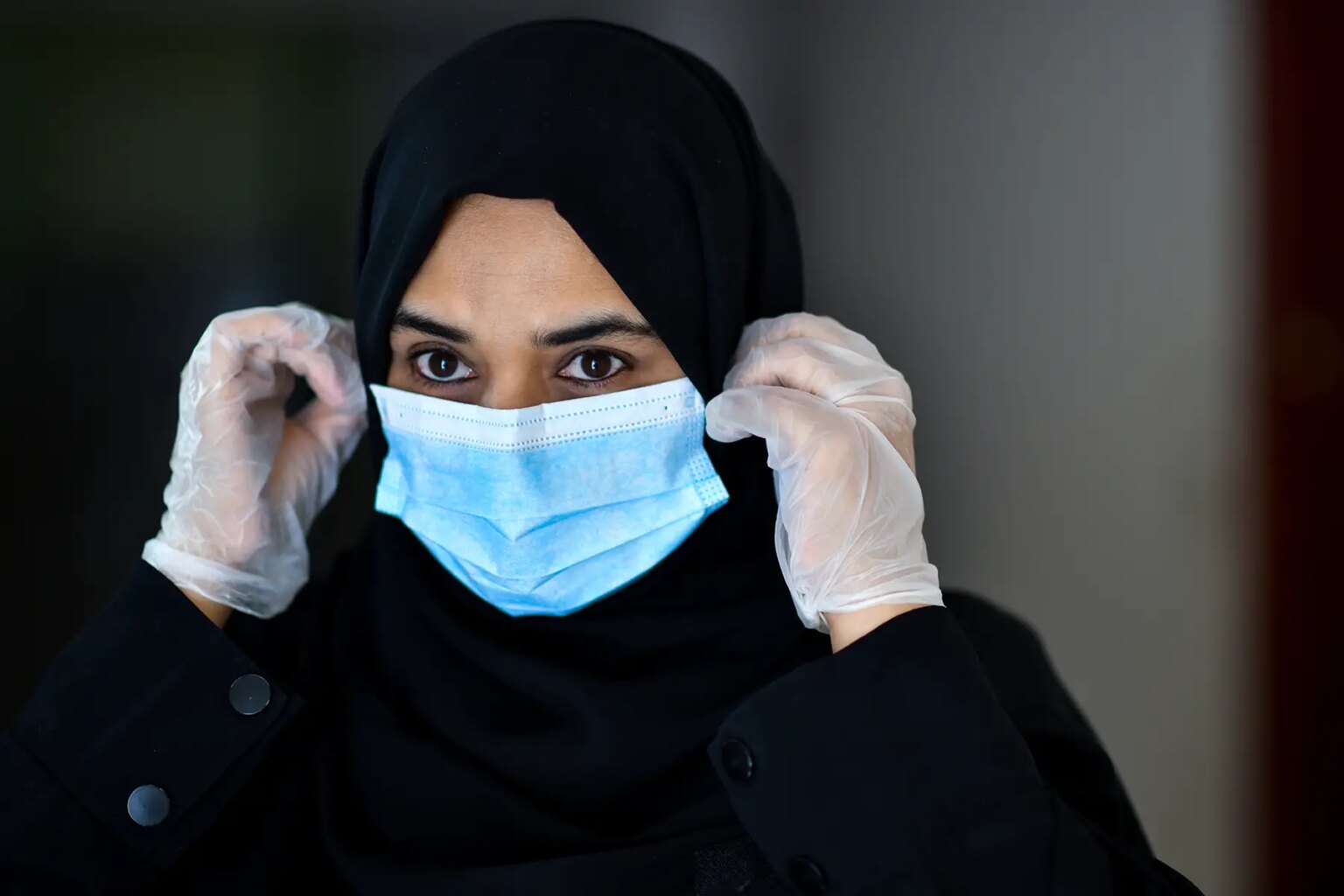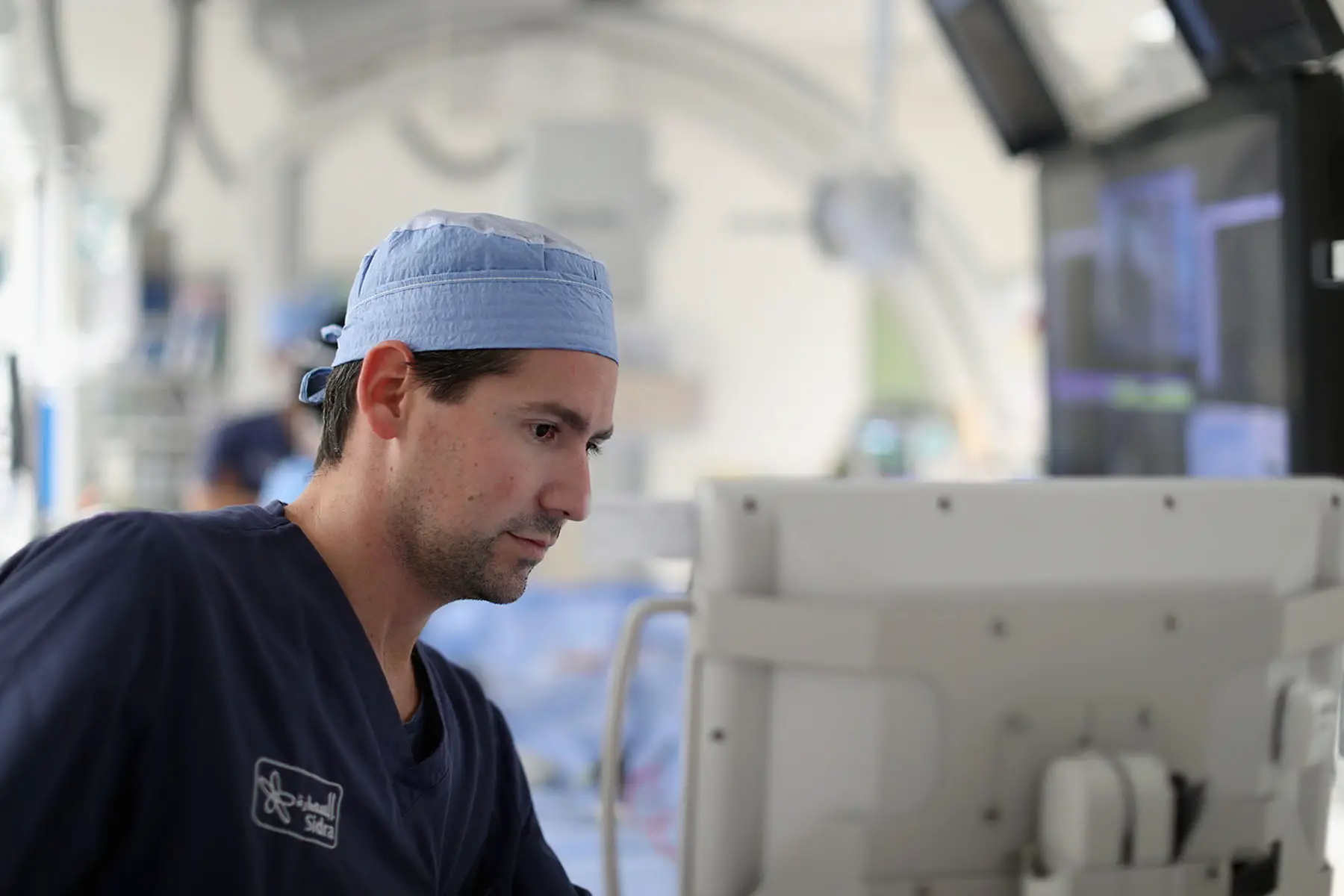As the richest country per capita in the world, Qatar has invested heavily in its healthcare infrastructure, and this shows in women’s health. Whether it’s pushing for breast cancer screenings or running an entire women’s hospital, there are plenty of options for care. With the right information and preparation, you’ll be able to handle most issues.
This helpful guide explores the most pertinent information about women’s health and women’s healthcare in Qatar. It covers the following:
- Women’s health in Qatar
- Accessing women’s healthcare in Qatar
- Insurance for women’s healthcare in Qatar
- Gynecologists in Qatar
- Women’s contraception in Qatar
- Maternity care services in Qatar
- Breastfeeding in Qatar
- Fertility treatments in Qatar
- Abortion in Qatar
- Menopause in Qatar
- Cancer screenings in Qatar
- Sexual health in Qatar
- Availability and cost of feminine hygiene products
- Services for women’s mental healthcare in Qatar
- Services dealing with eating disorders in Qatar
Cigna Global
Want access to the best private medical services in Qatar? Speak to the healthcare professionals at Cigna Global today and find a policy that’s right for you. Take advantage of their global network of doctors, specialists, therapists and more with coverage tailor-made for you and your family. If you’re starting a new life in Qatar, get peace of mind with Cigna Global.
Women’s health in Qatar
You’ll be able to meet most, if not all, of your healthcare needs in Qatar. Hospitals and clinics handle prevention, treatment, and post-treatment of smaller to more serious conditions – and healthcare access is widespread. In fact, the percentage of women who receive antenatal care and have a skilled attendant at their birth is 100%. Furthermore, expat doctors abound in the modern facilities on this peninsula, so you’ll be able to communicate using English.

The most challenging aspect of seeking care will likely be managing the public/private insurance divide. Because the government invests heavily in public hospitals and clinics, for some specialized treatments you’ll get referred there – and your private insurance may or may not cover those costs. So, your best bet is to keep abreast of what your insurance covers and to always seek the almighty recommendation from fellow expats.
Accessing women’s healthcare in Qatar
Women’s healthcare in Qatar is widely recognized to be of a high standard, with high-tech machines and highly trained providers. You can probably find any kind of treatment or doctor that you’re looking for in Qatar – but they might be pricey and not covered by insurance.
Anyone can access public hospitals and clinics, but services are only universally free for Qatari citizens. Expats may receive services for free, for highly subsidized prices, or for normal rates, depending on the clinic.
Insurance for women’s healthcare in Qatar
Everyone in Qatar must have health insurance; check whether your insurance covers women-specific treatments and clinics. The good news is that you can always purchase additional insurance to meet your needs and that Qatar offers high-class women’s healthcare – so you have options.

That said, if you have a very specialized condition or a high-risk pregnancy, your case will likely be sent to a public hospital. These have the biggest budgets, so they can take on difficult cases. In that case, your insurance may or may not cover stints in public hospitals, so keep that in mind. The following is a list of international health insurance providers operating in Qatar:
Gynecologists in Qatar
Medical facilities abound in and around Doha, so if you’re looking for a gynecologist, your biggest problem is narrowing down your search. First, check with your insurance to see which places are in-network and what they cover. Then, ask your expat friends for recommendations. Those two steps should make your choice a little easier.
An entire hospital called Women’s Hospital specializes in, well, women’s healthcare in Qatar. You can make an appointment directly with the provider. Keep in mind, though, that some treatments are covered or subsidized by the government (if you’re willing to wait in the long lines) and that any private insurance may or may not cover the rest. It’s confusing, so triple-check what your job contract offers and what any private insurance you’ve purchased covers.
Women’s contraception in Qatar
The pill and other forms of birth control
Birth control, in the form of the pill, IUD, condoms, and a contraceptive injection is available in Qatar. Birth control pills are available at pharmacies without a prescription and you can find condoms in pharmacies and even supermarkets.
The level of education about contraceptives among Qataris is high, and nearly 50% of Qatari women in a recent study state that they use them regularly. There are over 20 brands of contraceptive pill available in Qatar and they can cost between 20 and 60 QR for a one-month supply.
Morning after pill
Unfortunately, emergency contraceptive is not available in Qatar, so expats should plan accordingly.
Maternity care services in Qatar
Not all insurances cover maternity costs or cover them fully. So, to avoid stressing about payments while you’re growing life, be sure to do your homework. There are many strong hospitals in Qatar, and many of them provide top-of-the-line maternity care, so you should take into account your insurance, recommendations from friends, and your own wishes for your pregnancy and delivery.
Breastfeeding in Qatar
Though breastfeeding is nearly universally acknowledged to be a positive thing, rates in Qatar are still, at 29%, quite low. Medical professionals are pushing initiatives to encourage the practice, especially during World Breastfeeding Week. Expats are also trying to remove the stigma. If you’re planning to breastfeed in public, we’d advise you to use a cover and to be discreet.

Fertility treatments in Qatar
You can access a range of fertility treatments, from In-Vitro Fertilization (IVF), Intracytoplasmic sperm injection, to embryo freezing, in Qatar. The only challenge is the price. Because most insurance companies don’t cover this you should be prepared to pay for the whole process out of pocket, which can start at 15,000 QAR and 30,000 QAR in the public and private sector respectively.
A few options include:
Abortion in Qatar
Abortion laws in Qatar
In Qatar, abortion is legal under a few specific instances:
- when it is necessary to save the life of the mother
- if the fetus is less than four months old and the pregnancy would certainly harm the mother’s health
- if the fetus is less than four months old and the baby would be born with serious and incurable deformities.
Getting an abortion in Qatar
It is difficult to get a legal abortion in Qatar. A committee of three medical specialists, one an expert in gynecology and one in obstetrics, must recommend the procedure. The procedure must take place in a government hospital. Because of this virtual impossibility, if you’re seeking an abortion, we recommend you leave the country. This is especially true of unmarried women who become pregnant because it is illegal to be pregnant while unmarried in Qatar.
Menopause in Qatar
Unlike some aspects of women’s healthcare in Qatar, menopause as a life transition is not widely discussed. However, there are options to help with hot flashes, night sweats and the like. Start with your doctor; explain your symptoms and together you should be able to come up with a plan to handle this period.
Cancer screenings in Qatar
The Qatari government takes cancer seriously and heavily educates and encourages residents to get tested early. In fact, in 2011, they unveiled the National Cancer Program to reduce cancer rates throughout the country.

Screenings for cervical cancer
Cervical cancer is the 11th most common kind of cancer in the Gulf, and Qatar is pushing to make sure that every woman over 21 gets screened. Women should get checked every three to five years via a Pap and/or HPV test. It’s a fairly quick test but is vitally important for early detection and treatment. Be sure to speak to your doctor to schedule a screening.
How to get screenings for breast cancer
Breast cancer screenings are available through public centers (including a Mobile Screening Unit) and in private clinics. If you go the public route, here’s a good place to find information – they even send your results through text message! Whichever route you choose, be sure to double-check what your insurance covers.
How to get screenings for ovarian cancer
There is no exam to detect ovarian cancer, even though it is the third-most-common gynecological cancer in Qatar. We recommend that you maintain a regular and honest relationship with your doctor. This way, if your body begins to change or to hurt or feel different in some way, your doctor will be the first to know – and will advise you appropriately.
Sexual health in Qatar
Having sex while unmarried is criminalized in Qatar, and therefore sexual education in schools is almost non-existent. You can get tests for Sexually Transmitted Infections at a wide range of health facilities, but if you’re not married, you risk some uncomfortable – or potentially dangerous – questions. If you’d like to ask questions privately, the Hamad Medical Corporation operates a confidential STI telephone helpline.
Availability and cost of feminine hygiene products
Feminine hygiene products (tampons, pads, wipes) are available in Qatar, though you may have to shop-hop to find what you’re looking for. Prices are also likely higher than in your home country, ranging from 20–100 QAR. If you are particular about your period needs, you should stock up when you are home or in a city with more and cheaper options, like Dubai.
Services for women’s mental healthcare in Qatar
Mental health is receiving more attention and less stigma in Qatar, as statistics point out that 20% of Qataris have some kind of mental disorder. In 2016, for the first time, the government passed a law detailing the rights of people with mental illness, such as when and for how long someone can be forcibly admitted to a mental institution. Simultaneously, more and more options for mental health care are now available. These include Qatar’s first community-based mental health center for women, children, and adolescents, as well as Qatar’s first mental health clinic for pregnant women.
Services dealing with eating disorders in Qatar
Seeking help for an eating disorder can be a very difficult step. Thankfully, there are a few options if you or someone you know are looking for support. For adolescents, Sidra runs eating disorder support programs. If you struggle with overeating and are looking for community, reach out to Overeaters Anonymous, which has a Doha chapter.






